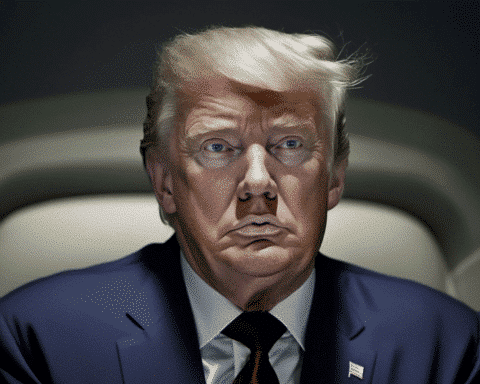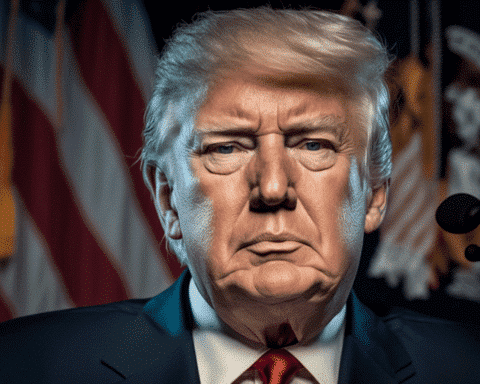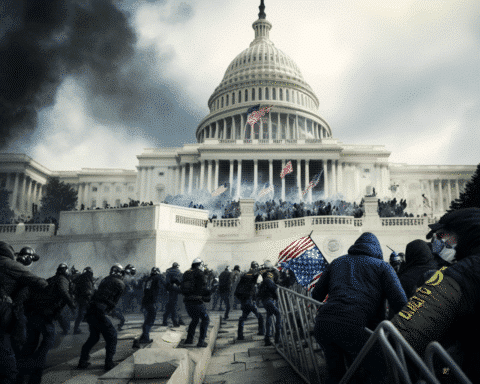In a landmark decision, Maine’s Democratic Secretary of State, Shenna Bellows, has removed former President Donald Trump from the state’s presidential primary ballot. This unprecedented move, citing the Constitution’s insurrection clause, places Maine at the forefront of a national debate as the U.S. Supreme Court deliberates on the states’ authority to block a former president from office.
Secretary Bellows’ decision aligns with a similar ruling from the Colorado Supreme Court, which also disqualified Trump under Section 3 of the 14th Amendment. This amendment prohibits those who have engaged in insurrection from holding office. However, the Colorado decision is currently on hold, pending the verdict of the U.S. Supreme Court on Trump’s eligibility.
The Trump campaign, voicing strong opposition, has announced plans to appeal Bellows’ decision in Maine’s state courts. Bellows, recognizing the gravity of her decision, stated, “I do not reach this conclusion lightly.” She further acknowledged the historic nature of her ruling, both in disqualifying a presidential candidate based on Section 3 and the unprecedented nature of a candidate’s involvement in insurrection.
Contrasting reactions have emerged from various quarters. Trump’s campaign spokesman, Steven Cheung, condemned the ruling as an “attempted theft of an election.” Legal experts, including Rick Hasen, a law professor at UCLA, highlighted the need for the U.S. Supreme Court to clarify Section 3, given the rising tide of inconsistent state decisions.
Maine’s decision carries significant weight, symbolically and electorally, given its practice of splitting electoral votes. Trump’s disqualification in Colorado, where he lost significantly in 2020, might have less impact.
The ruling has sparked a mix of praise and criticism. Some, like former state lawmakers Kimberley Rosen, Thomas Saviello, and Ethan Strimling, lauded Bellows for her courage and adherence to the law. Others, including U.S. Senator Susan Collins and Maine House Republican leader Billy Bob Faulkingham, criticized the decision as undemocratic and likened it to practices of dictatorships.
Democrat Jared Golden, who represents Maine’s 2nd congressional district won by Trump in 2020, expressed a nuanced view. While critical of Trump, he emphasized the importance of adhering to legal processes until a formal insurrection conviction is made.
Standing firm against requests to disqualify herself due to her previous statements about the Jan. 6 events, Bellows asserted that her decision was based solely on legal grounds and not influenced by personal views.
The decision’s implications stretch beyond Maine, as California’s Secretary of State Shirley Weber, under political pressure, including Trump in the state’s primary ballot, citing adherence to the rule of law.
As the U.S. Supreme Court’s decision remains pending, both sides are pushing for a swift resolution. The outcome is anticipated to set a precedent for Trump’s candidacy and the interpretation and application of the Constitution’s rarely invoked insurrection clause.
The unfolding saga in Maine, juxtaposed with national legal debates, signifies a pivotal moment in American political history. It underscores the tension between legal interpretations and political ramifications, a balance between upholding constitutional provisions and respecting the democratic process. As the nation awaits the Supreme Court’s ruling, this controversy reflects the evolving dynamics of law, politics, and the enduring question of a leader’s accountability to the Constitution.




